
Down Syndrome is a genetic disorder caused by adding an extra chromosome in a child. Instead of 46 chromosomes, children with Down Syndrome have 47 chromosomes. Down Syndrome can also be referred to as Trisomy 21. Trisomy is the medical term for having a duplicate chromosome and the duplicate chromosome being chromosome 21.
Effects of a Duplicate Chromosome 21 in a Child with Down Syndrome
Extra cheese on a pizza is good, and an extra serving of Ice cream or our favorite dessert is super good, but an extra chromosome has a different effect. The extra chromosome can cause the child with Down Syndrome to present with physical features such as:
- Flattened facial profile and nose.
- Short neck, with excess skin at the back of the neck.
- Decreased or poor muscle tone.
- Small head, ears, and mouth.
- Wide, short hands with short fingers.
- Separation of abdominal muscles.
- A single, deep crease across the palm of the hand.
- Upward slanting eyes, often with a skin fold that comes from the upper eyelid and covers the inner corner of the eyes.
- Flexible ligaments.
- Misshaped bone in the upper part of the spine.
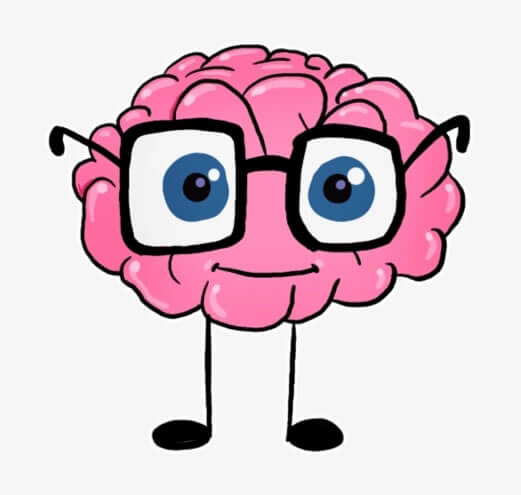
Apart from the physical characteristics, the child with Down Syndrome can have cognitive and developmental difficulties such as:
- Learning difficulties.
- Speech and communication difficulties and delays.
- Developmental delays.
- Difficulties with coordination.
Some children with Down Syndrome might have heart defects, vision problems, hearing loss, hypothyroidism, blood disorders, disrupted sleep patterns and sleep disorders, gum disease, and dental problems, epilepsy, digestive issues, and Celiac disease.
The Role of the Occupational Therapist in Managing Down Syndrome
Occupational therapists are part of the team that works with children with Down Syndrome to enable them to thrive and function in their life. This team may have all or some of the following team members; Developmental Pediatrician, physiotherapist, speech and language therapist, and child psychologist.
When dealing with Down Syndrome, the occupational therapist focuses on five areas which include:
- Fine Motor Skills
- Self Care Skills
- Attention and Concentration Span
- Social Skills
- Self Esteem
Focus 1:
Fine Motor Skills
Fine motor skills enable children with Down Syndrome to do activities using small hand muscles. Activities such as buttoning require the use of the small hand muscles. The occupational therapist uses various fun activities to develop age-appropriate fine motor skills.
For school-going children, the Occupational Therapist shall work on handwriting development by use of various handwriting programs such as Hand Writing Without Tears.
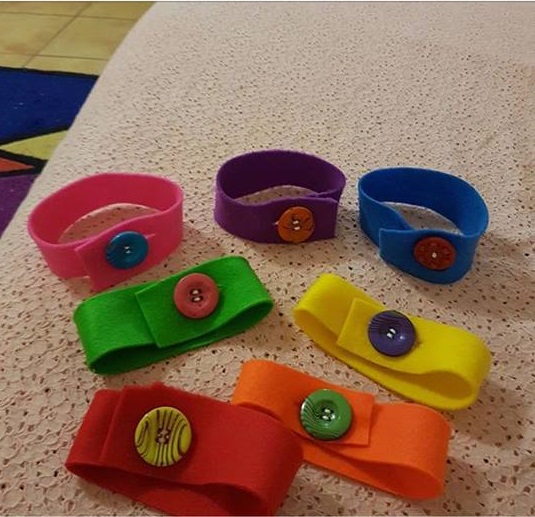
In addition, fun pen and paper activities shall aid the school-going child in having great handwriting. Mazes, Dot-to-dots, crafts, and artwork are some of the activities used. Twinkl has such amazing resources that are age based.
The occupational therapist will also advise on what classroom adaptations and accommodations are required to enable this child to flourish. Some adaptations needed in school are pencil grips, slant boards, and sitting wedges, just to name a few.
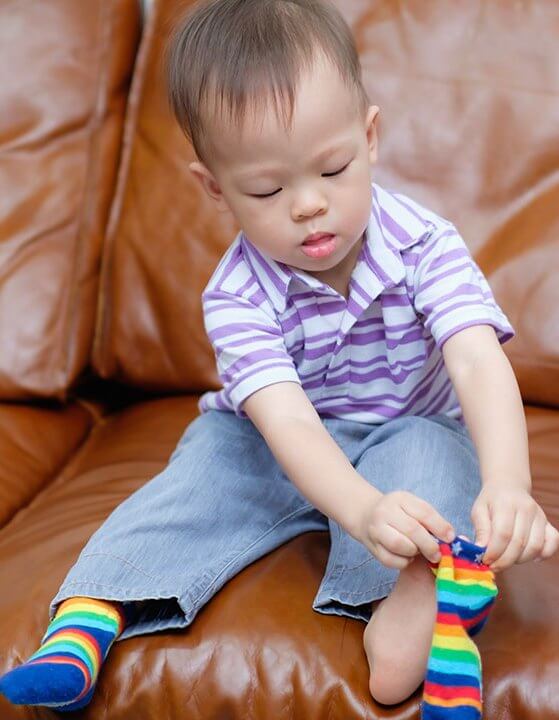
Focus 2:
Self Care Skills
Dressing and Undressing
Due to the decreased or poor muscle tone, the infant may not actively aid the parent/caregiver in dressing and undressing. The occupational therapist will teach the various techniques used to dress and facilitate better muscle tone in the infant.
As with all toddlers, children with Down Syndrome would love to dress themselves. The occupational therapist will work on buttoning skills, tying of shoelaces, and general organizational skills required to plan the dressing process.
Feeding
When the baby is born, he/she might struggle with suckling. The occupational therapist will suggest positions and feeding techniques to the parents to enable the little one to feed well. As the baby grows and is ready to self-feed, the occupational therapist works on the child’s fine motor skills so that they can grasp cutlery and use them effectively.
The Occupational Therapist will do various bilateral coordination activities (activities that will involve using the right and left sides of the body simultaneously) during the sessions. These activities enable the toddler to use both hands well during feeding.
The occupational therapist will also recommend various feeding adaptations that enable the toddler to feed effectively and independently. The therapist will advise the parents/caregiver on supportive seating for the toddlers and explain the benefits of this.
Toileting
When the toddler and the parent/caregiver are ready, the occupational therapist can create a visual schedule for the family and additionally give suggestions on various reinforcements to encourage the development of toileting skills.
Focus 3:
Attention and Concentration Span
To learn and play, age-appropriate attention and concentration span are required. Through games, stories, and activities, children increase their attention span.
Sensory diet activities such as jumping jacks and wheelbarrow walking can be done at school and home before classwork or homework to prepare the child to focus. Brain gym exercises are also great for ‘waking up the brain.’
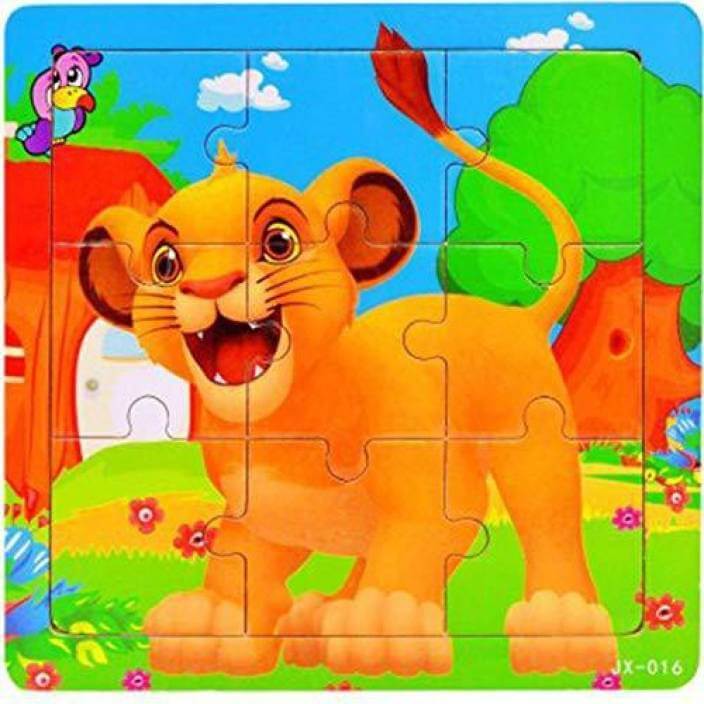
When a child’s attention and concentration improve, they will be less anxious, have better workout put, and access the curriculum, and their self-confidence will grow.
Focus 4:
Social Skills
Children interact with their peers, caretakers, teachers, and community members. Excellent social skills are a plus to any child, and an Occupational Therapist will use role-play, videos, and social stories to facilitate excellent social and life skills. Kelly Bear is a fantastic resource for parents, teachers, children, and practitioners.
Focus 5:
Self Esteem
Children with special needs constantly face different barriers in school and community, affecting their self-esteem and self-confidence. The occupational therapist sprinkles some of the confidence-building activities in the sessions. The activities will encourage and allow the child to share their feelings. The activities will also enable the student to accept and love themselves.
In Conclusion
Children with Down Syndrome genuinely benefit from early intervention, more so by occupational therapists. Based on the focus points mentioned, these interventions enable them to blossom into great and influential youth and adolescents.
We would love your feedback as a parent, guardian, or therapist. Feel free to ask any relevant questions or leave a comment or even a compliment. We will be happy to answer your question and reply to your comments.
You can also chat on WhatsApp or get in touch with us. Looking forward to hearing from you.
Don’t forget to share widely.
-
Previous Post
School Based Occupational Therapy in a Nutshell
-
Next Post
My 4 year old Autistic Teacher
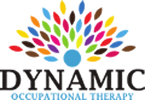
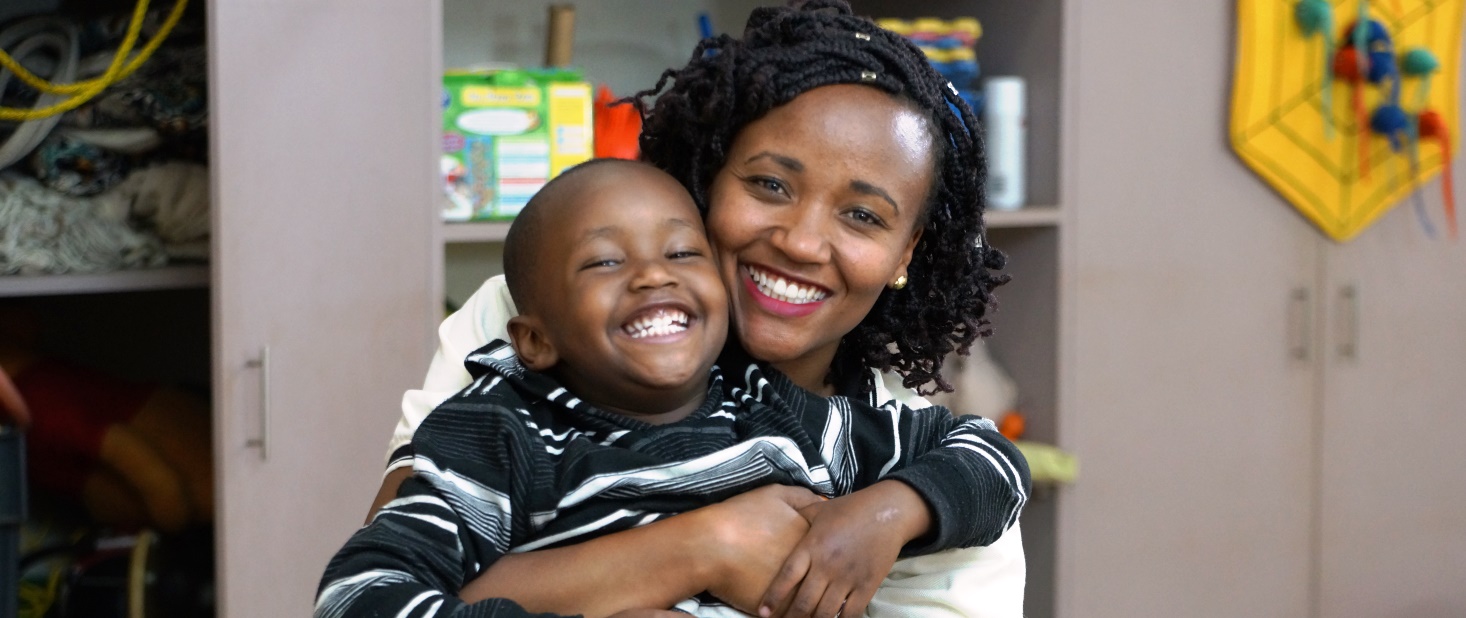


Basilisa
February 29, 2020Im refreshed with the reminder on the five areas to train DS child. How can I support in feeding where by they eat alot and behaviour of drinking food, I have a case who doesn't chew food and eats alot and also behaviour of self hurting and hurting others
Dynamic Occupational Therapy
August 3, 2020Thank you Basilisa for your feedback, we would recommend you kindly reach out to us via email. We shall offer more guidance.